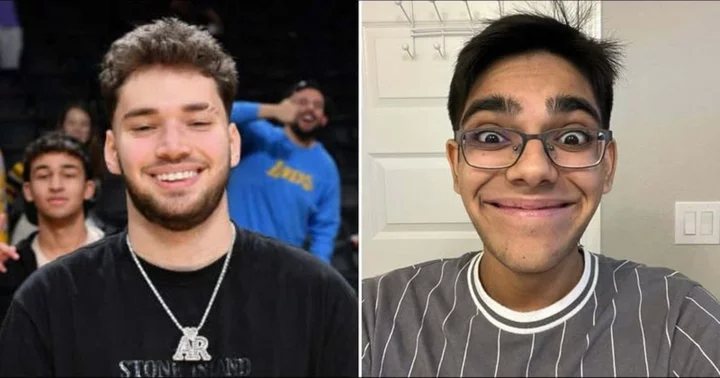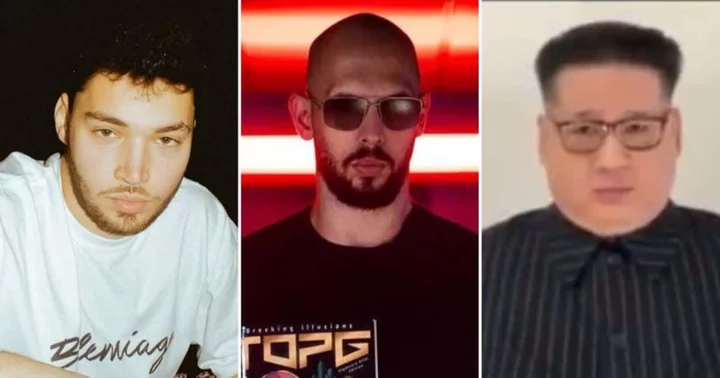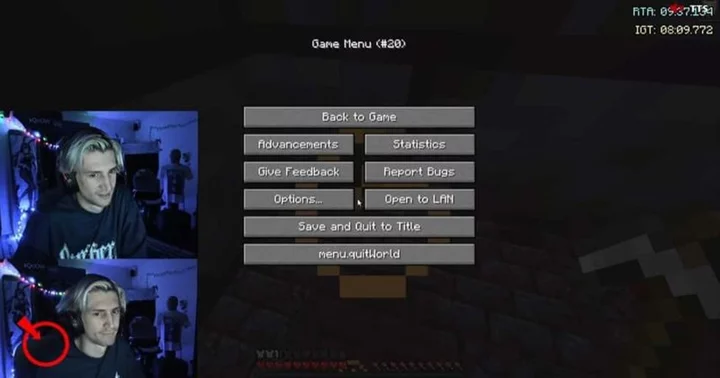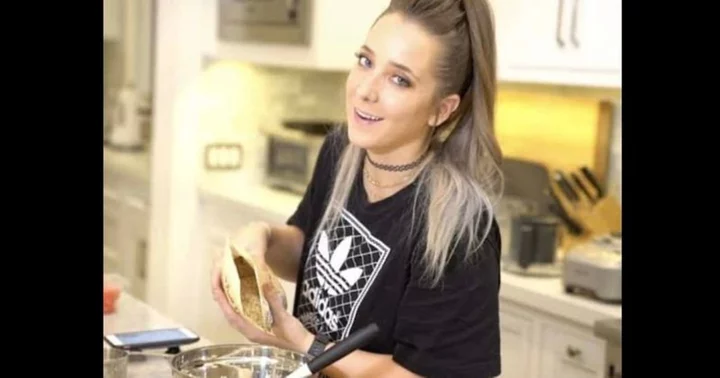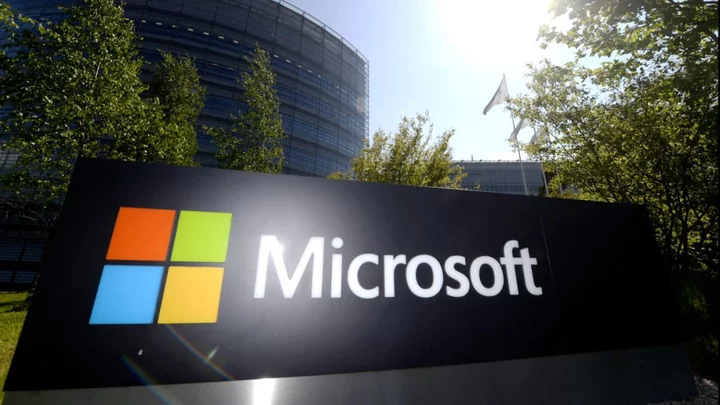TikTok is confident of stopping a ban in the US state of Montana, its CEO said on Tuesday, after the Chinese-owned social media app launched a legal challenge.
The unprecedented ban, set to start in 2024, is shaping as a test case for the United States as lawmakers in Washington increasingly call for a national prohibition, citing security concerns.
"We believe that the Montana bill that was recently passed is simply unconstitutional," Shou Zi Chew told the Qatar Economic Forum.
"We very recently filed a lawsuit, the challenge is in the courts and we are confident that we will prevail," he added.
Shou was speaking just hours after TikTok filed suit in US federal court, arguing that Montana's ban violates the constitutionally protected right to free speech.
The video-sharing app, owned by Chinese firm ByteDance, is accused by a swathe of US politicians of being under the tutelage of the Chinese government and a tool of espionage by Beijing, something the company furiously denies.
Montana Governor Greg Gianforte signed the prohibition into law on May 17, saying on Twitter that he endorsed it in order to "protect Montanans' personal and private data from the Chinese Communist Party".
TikTok's lawsuit contended that "the state has enacted these extraordinary and unprecedented measures based on nothing more than unfounded speculation".
Five TikTok users last week filed a suit of their own, calling on a federal court to overturn Montana's ban on the app, arguing that it violates their rights to free speech.
- 'We're here to stay' -
The state is trying to exercise national security power that only the federal government can wield and is violating free speech rights in the process, both suits filed against Montana argue.
"They care because TikTok is very important to them," Chew said, referring to the users who filed suit.
He insisted that TikTok had taken steps to protect US users' data by storing it "on American soil by an American company and overseen by American personnel".
"We believe that we have taken steps that are above and beyond what our industry has done to protect the safety of the US individual," he said.
In March, Chew faced a grilling in Congress from combative US lawmakers on both sides of the political aisle over TikTok's alleged ties to China and its danger to teenagers.
"I'm very grateful for the opportunity to show up and to tell all sides of the story. Throughout the five hours, I believe I had time to do that," he told the forum.
With more than one billion active users including about 150 million in the US, TikTok pulled in $11 billion in advertising revenue last year.
TikTok's editing features and AI-powered algorithm have kept it ahead of the game, attracting an army of creators and influencers. But it is frequently accused of spreading disinformation.
Among its difficulties around the world, the US federal government and European Commission have banned staff from using TikTok. Britain has stopped its lawmakers from using it.
Last month, Australia joined the list of countries banning the app from government devices, and Britain's data regulator levied a £12.7 million ($15.9 million) fine for allowing up to 1.4 million children under 13 to use the platform, in violation of its own rules.
However, Chew said TikTok could also have a "positive impact", citing the example of a user with autism who has "found his voice through music" that he shares on the app.
"That gives me a lot of confidence that we can have very thoughtful conversations with regulators around the world," said Chew.
"And I'm confident that we are here to stay."
th/kir


